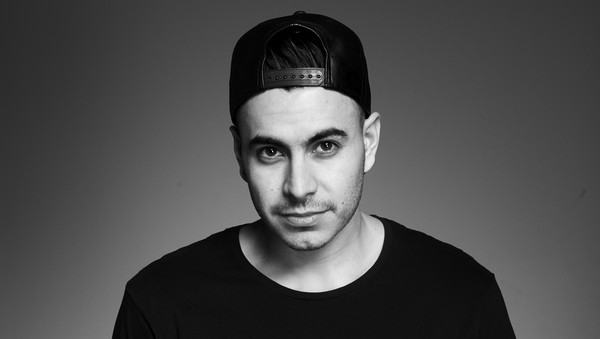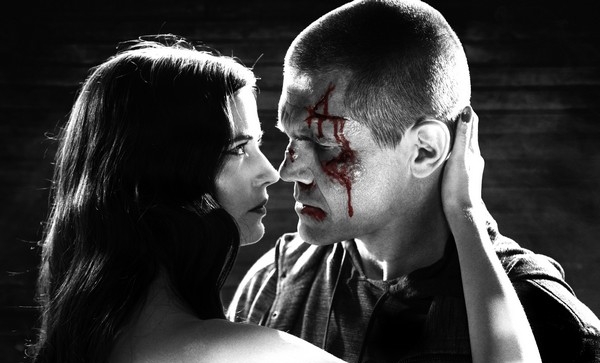“Yes I’m Australian and I create hip hop, so it’s Aussie hip hop in that sense,” he says. “But you can’t really compare it to any other Aussie hip hop that’s out there from any other artist. There was always that friction, people saying ‘you’ve got to rap in a 100% Aussie accent, every single syllable, every single word.’ I can’t really say that any Australian hip hop artist has really inspired me that much.”
Earlier this month Rafidi released his debut record Phases. While many of his country-folk spit lyrics in a tough ocker brogue over boom bap beats, Rafidi pairs his earnest rhymes with US-influenced pop and R&B production. This makes sense when you consider his major influences.
“Tupac – All Eyez On Me. That album was what really dragged me into hip hop,” he says. “Then from there, the creativity of Kanye. There’s no arguing that he’s really made hip-hop so much more accessible for everyone, in terms of his production and the craziness that he’s brought to the table.”
A quality that’s shared by these noted influences is that they’re not only good rappers, but they’re also esteemed pop songwriters whose work surpasses the limitations of genre. Phases was preceded by thesingles Do It Again and I’ll Be Good, which are concerted attempts at pop-crossover success.
“It’s important for any artist to get radio airplay and have those singles out there, as well as the raw stuff that’s true to you,” says Rafidi. “I’m not prejudiced about music whatsoever, on any level. My genre is Frank Sinatra/Tupac Shakur, in my opinion. On a melodic level, if it sounds good to me I’m going to run with that.”
Even though the record contains some commercially friendly tunes, Rafidi doesn’t disguise his own personality. In fact, he’s been working hard at developing a unique lyrical style since a young age.
“I really discovered hip hop when I was 14 or 15-years-old,” he says. “I was always shy growing up and it was a way for me to distract myself, writing down lyrics. Then from there it was just putting my rhymes down to beats and recording myself on Garage Band and just going back and forth and criticising myself.”
The solace that Rafidi found in rapping quickly evolved into a committed creative pursuit. However, despite major success for the likes of Hilltop Hoods, 360 and Illy, Australians attempting hip hop are still liable to run into resistance. Rafidi admits that his hip-hop expedition hasn’t been all smooth sailing, but steadfast self-belief keeps him on track.
“I was at Wollongong University three to four years ago doing a commerce degree and I was like ‘I fuckin’ hate this, I don’t want to be here.’ Something struck me where I was like, ‘Music’s what I have to do.’ It’s the only thing that really makes me happy. I just said, ‘this is what I’m doing and I’m going to do it and nothing’s going to stop me.’
“From the moment that I decided I want to do music forever, my belief has been unwavering. Every single obstacle, every single hurdle, I always know that I’ll be able to get back up and persevere. There’s nothing else in the world that I could ever imagine myself doing. The only opportunity is for me to keep doing it and keep getting better and keep creating.”
To coincide with the release of Phases, Rafidi and guitarist/vocalist Tim Bowen (who sings the vocal hook on I’ll Be Good) are currently out on a busking tour along the country’s east coast. So far the tour has taken the duo to a stack of towns, big and small, to perform at shopping centres, schools and community radio stations. Far from being a tough grind, Rafidi says it’s been an inspiring experience.
“There was this one girl in Brisbane who was about 15-years-old and we were busking in the street. She came up and she knew every single lyric, every single song and afterwards she tried to give me 40 bucks for an album. She was telling me how much I’ve inspired her to chase everything that she was doing. It gave me goose bumps, just the fact that this girl knew my lyrics. For me, an independent artist, to have that kind of reach in a city that I’ve never been to before, it was overwhelming.”
This again emphasises the do-it-yourself ethos that’s underpinned Rafidi’s entire journey. While his success is steadily on the rise, he understands the imperative to take matters into his own hands in order to establish a substantial music career.
“Everything has to come from you. You can’t rely on anyone else to do it for you or lead your success on. If you’re not out there doing everything and always making those decisions, no one else is going to be like ‘we’ve got to push this guy, we’ve got to make it happen for him.’ It’s not how it is. It always comes back to whether you want to do it or not.”
BY AUGUSTUS WELBY







